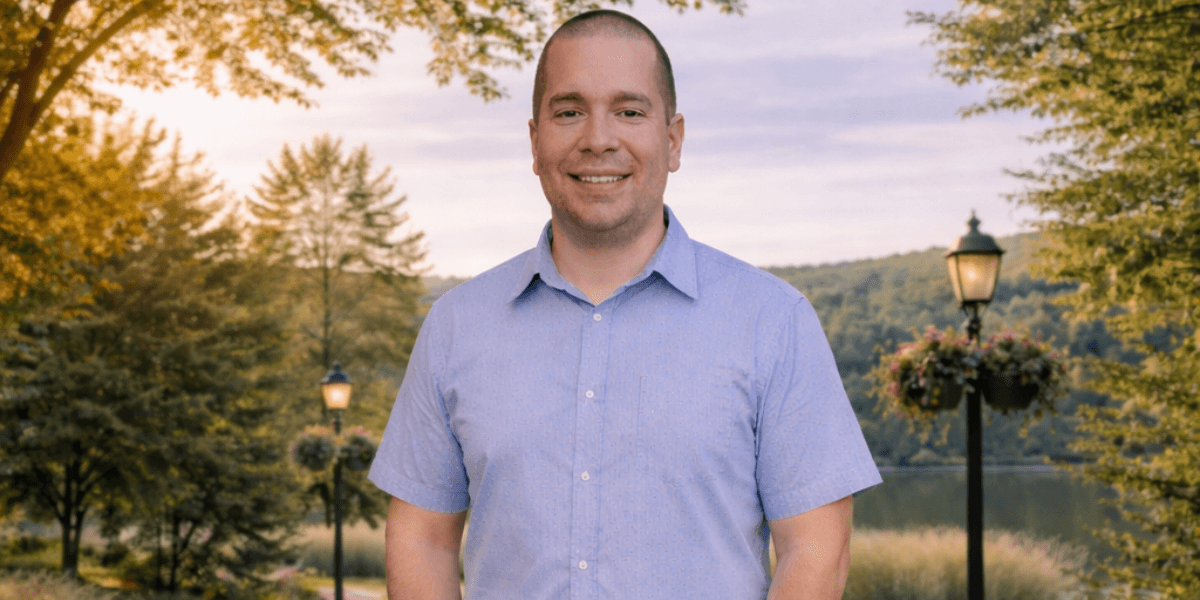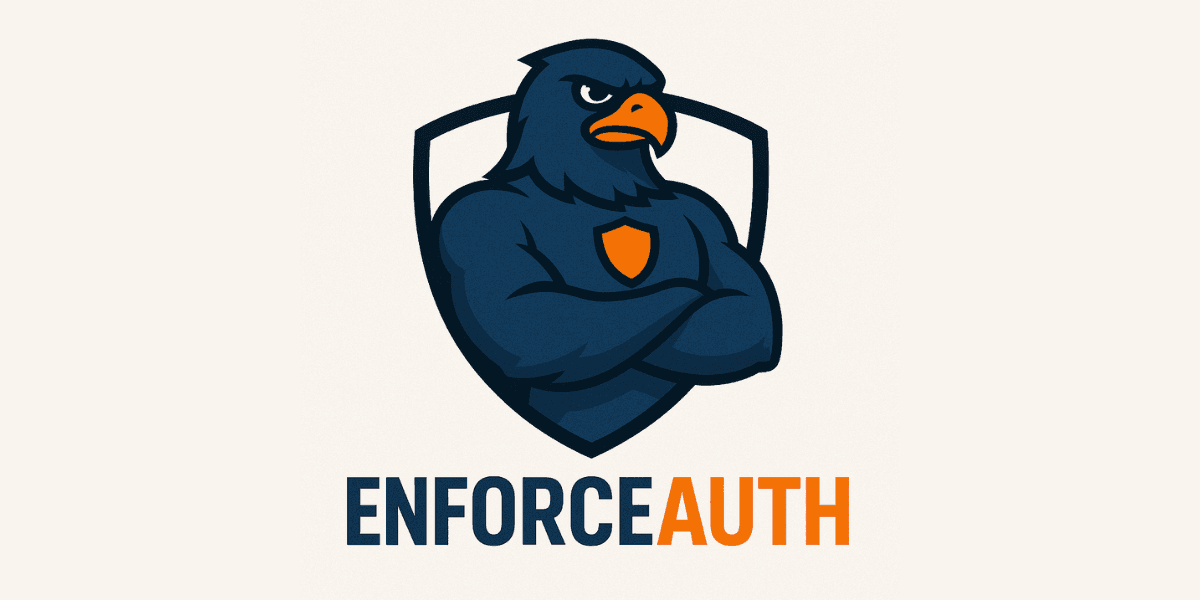Bridging the Gap: Rutgers’ Research Graduate Unlocks AI Adoption in American Healthcare
Muhammad Haroon Ashfaq is a pioneering AI researcher in the department of Public Informatics at Rutgers dedicated to transforming personalized medicine and rehabilitation through cutting-edge healthcare technologies.
By
Sep 3, 2025
NATIONWIDE - SEPTEMBER 2025 - (USAnews.com) — In the rapidly evolving landscape of healthcare technology, few researchers have managed to address both the promise and the practical challenges of artificial intelligence implementation as comprehensively as Muhammad Haroon Ashfaq. Currently pursuing his Master's in Public Informatics with an AI concentration at Rutgers University, Ashfaq has emerged as a leading voice in understanding how AI can be successfully integrated into clinical practice, a critical need for American healthcare systems grappling with adoption barriers and implementation challenges.
Healthcare Transformation with AI
Ashfaq's journey from Pakistan to becoming a pioneering researcher in American healthcare represents more than just academic achievement, it reflects a unique perspective that combines international healthcare insights with deep understanding of U.S. medical systems. His interdisciplinary background, spanning economics, education leadership, and public informatics, has positioned him to tackle healthcare AI challenges from multiple angles that traditional researchers often miss.
"I believe Artificial Intelligence is going to transform healthcare completely, and most importantly, how doctors and therapists approach personalized medicine," Ashfaq explains. "But the real question isn't whether AI can revolutionize healthcare, it's whether we can overcome the barriers that prevent healthcare professionals from actually using these technologies to improve patient care."
This philosophy drives his research agenda, which focuses on the critical gap between AI innovation and real-world clinical implementation. While many researchers develop AI tools in isolation, Ashfaq investigates why healthcare providers struggle to adopt these technologies and what can be done to facilitate successful integration.
Research Foundations for Future AI Healthcare Integration
Ashfaq's research portfolio addresses three critical pillars necessary for successful AI adoption in healthcare: security infrastructure, practitioner readiness, and implementation frameworks. His bibliometric analysis of 920 publications on blockchain applications in electronic health records has established him as a leading voice in healthcare data security, mapping global research trends that directly inform how American healthcare systems can protect patient data while implementing AI solutions.
His landmark study involving 273 physiotherapy professionals represents the largest systematic examination of AI readiness in rehabilitation settings. The research employed advanced statistical methodologies including Chi-square tests and ANOVA to identify specific correlations between professional background, AI familiarity, and adoption willingness. Critically, the study revealed that while 68% of practitioners expressed interest in AI integration, only 23% felt adequately prepared to implement such technologies, a gap that his research framework helps address.
Building on these findings, Ashfaq's family medicine research involving 250+ participants utilized logistic regression modeling to predict AI adoption likelihood based on practitioner characteristics and institutional factors. The study identified key predictive variables including prior technology experience, training availability, and institutional support, insights that are now being used by healthcare systems to develop targeted AI implementation strategies.
Most significantly, his work on operational excellence frameworks provides healthcare organizations with systematic methodologies for AI integration. This research demonstrates how healthcare institutions can maintain quality standards while gradually introducing AI technologies, addressing the critical challenge of balancing innovation with patient safety.
Implications for Future Healthcare AI Research
Ashfaq's research methodology has established new standards for investigating AI adoption in clinical settings. His multi-phase approach, combining large-scale surveys, statistical modeling, and implementation framework development provides a replicable model for future researchers examining technology adoption in healthcare environments. The predictive models developed through his family medicine research are particularly valuable, offering healthcare systems quantitative tools to assess readiness and customize implementation approaches.
His work on IoT integration in primary care has identified critical infrastructure requirements for successful AI deployment, including network capabilities, data integration protocols, and staff training programs. These findings are directly informing how American healthcare systems approach AI implementation, providing evidence-based guidance for technology investments and staff development initiatives.
The operational excellence frameworks emerging from his research offer healthcare organizations systematic approaches to AI integration that prioritize patient safety while enabling innovation. This work addresses a critical gap in healthcare AI literature, which has traditionally focused on technological capabilities rather than practical implementation strategies.
The Future of Personalized Medicine
Central to Ashfaq's research vision is the transformative potential of AI in personalized medicine and rehabilitation. His work investigates how AI can be leveraged to tailor treatments to individual patients, improving outcomes while addressing the inefficiencies that currently burden many healthcare systems.
"Personalized medicine represents the future of healthcare, but realizing that future requires more than just sophisticated algorithms," Ashfaq emphasizes. "It requires understanding how to integrate AI into clinical workflows, train healthcare providers effectively, and address the ethical and practical concerns that influence adoption decisions."
Announcing a Comprehensive Guide to the Field
Building on his extensive research and growing influence in the field, Ashfaq is set to publish a comprehensive book on personalized medicine and AI integration in healthcare. The forthcoming publication will synthesize his research findings with practical implementation strategies, providing healthcare leaders, policymakers, and practitioners with evidence-based guidance for successful AI adoption.
"This book represents everything I've learned about bridging the gap between AI innovation and clinical practice," Ashfaq reveals. "It's designed to help American healthcare systems navigate the complexities of AI implementation while maximizing the benefits for both providers and patients."
Shaping Healthcare's AI Future
As American healthcare systems increasingly recognize the need for AI-driven solutions to address pressing challenges from clinician shortages to rising costs, Ashfaq's research provides essential insights for successful technology adoption. His work is already influencing healthcare providers across the United States, helping them overcome implementation barriers and realize the transformative potential of AI in clinical practice.
"We're at a critical juncture in healthcare AI adoption," Ashfaq concludes. "The technologies exist to revolutionize patient care, but success depends on our ability to address the human factors that determine whether these innovations actually improve healthcare delivery. That's where my research makes a difference helping ensure that AI becomes a transformative force for better patient outcomes rather than just another underutilized technology."
Through his continued research at Rutgers University and growing influence in the healthcare AI community, Muhammad Haroon Ashfaq is positioned to play a pivotal role in shaping the future of American healthcare technology adoption as his work has already garnered 30+ citations and thousands of researchers daily going through his work for reference.
Join the AI Healthcare Movement
Haroon's research has already had a significant impact on the healthcare community, and his work is only set to grow in influence. If you're interested in learning more about his work, exploring the future of AI in healthcare, or understanding how these technologies can transform personalized medicine and rehabilitation, visit Muhammad Haroon Ashfaq's website. You can also connect with him on Google Scholar and ResearchGate.














